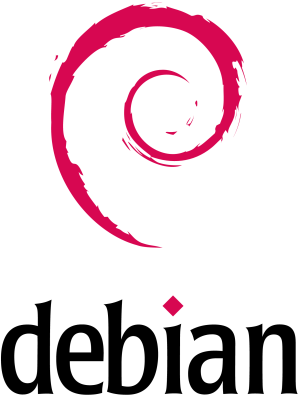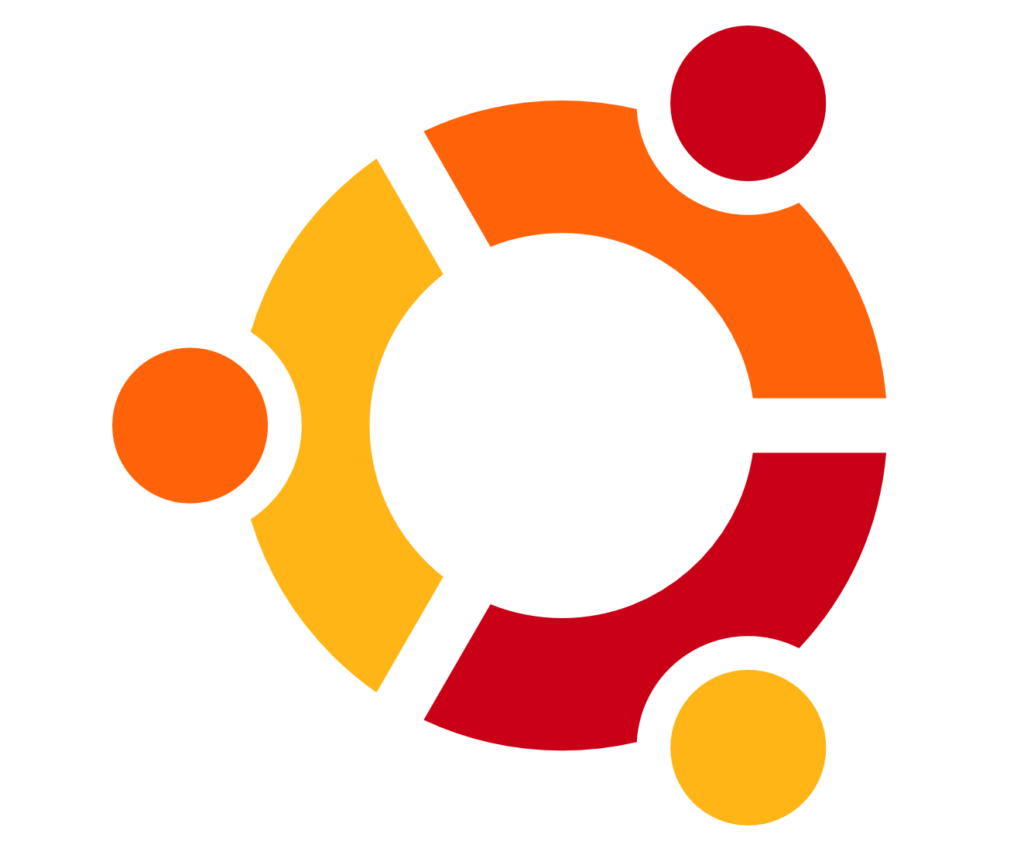The Red Hat, Inc decided to prematurely end the life of CentOS 8 “stable” by December 2021 which was earlier planned for EOL as of 2029. CentOS 8 is now replaced by the rolling release based CentOS Stream. Sever administrators across the world are in a decision-making stage based on their respective infrastructures and dependency. To help everyone, here are the top 5 free Linux distribution for CentOS replacement for you – applicable for both servers and desktop.
All the below Linux distribution are mentioned in the order of most preferable to least preferable. However, every server installation’s use case is different with varying needs. However, from the stability standpoint, decision-makers, server admins can choose a proper replacement from the following list of free Linux distributions.
Table of Contents
Top 5 Free Linux Distributions for CentOS Replacement
1. Debian

Debian, undoubtedly the top choice for desktop or server in terms of stability. Debian is the base of many Linux distribution today. It provides stable packages and a very long support window with “Long Term Support (LTS)” until the end of life of its versions. It is also very conservative on upgrading Linux Kernel versions and packages. This only makes your server more stable without any surprises.
Debian also provides the “testing” branch well ahead of the time before ending a support cycle. This gives an ample amount of deployment and testing time for server admins for compatibility.
For example, as of writing this article, Debian 10.7 Buster is the stable release which is supported until 2024. And upcoming Debian 11 is due in 2021. It is indeed a well planned and stable distribution for your CentOS replacement.
Pros
- Stable Linux Kernel with stable packages
- Two to three years of LTS support
- Availability of testing branch well ahead of the next release schedule
- Free and Open Source
- Well documented processes and troubleshooting guide in terms of forums, knowledge base
Cons
- Delay in getting the latest packages of respective applications and Linux Kernel for new features, support
- Different package manager than CentOS (DEB and RPM differences)
2. Ubuntu

The second choice is the popular and widely used Ubuntu Linux Distribution. Millions of PCs and Servers use Ubuntu every day with its LTS images in Cloud and VPS deployments. Ubuntu provides a rock-solid server derivative with its “Ling Term Support (LTS)” release window for five years and ten years of extended security support. It is popular and widely used across critical infra deployments. Ubuntu being so popular it provides huge troubleshooting guides available across the web in the forms of forums and wiki. A well-established support community can be super beneficial for server admins.
Current Ubuntu 20.04 LTS is supported until 2025. And Ubuntu 20.04 extended support is until 2030.
Pros
- Stable kernel and packages
- More upstream Kernel and package versions compared to Debian
- Five years of LTS support followed by another 5 years of extended security support for LTS releases.
- That’s a total of 10 years of support overall.
- The huge volume of troubleshooting and knowledge guides
Cons
- Different package manager than CentOS (DEB and RPM differences)
3. Oracle Linux
Oracle Linux is probably the most binary compatible with RHEL free option available today as a CentOS replacement. It is developed by Oracle for its commercial cloud offerings. And it is free to download. The advantage of Oracle Linux is it follows RHEL release cycle with modified “Unbreakable Enterprise Kernel (UEK)” by Oracle. The UEK provides certain additional benefits over mainline Kernel in terms of stability, minimal backport packages among others.
It follows the support window of RHEL.
Pros
- Almost the same binary compatibility with RHEL makes it ideal for CentOS replacement today.
- Oracle Linux gets updated within one or two months of RHEL release.
- The same base of CentOS 8 that is RHEL
Cons
- Well, it’s Oracle.
- Developed by a commercial entity and might be an issue in the future if direction changes by Oracle.
- The Oracle Linux contains Oracle Logo and other branding codes.
4. OpenSUSE Leap

OpenSUSE is a Linux distribution (formerly SUSE) developed by Germany-based SUSE Software. This is a popular Linux distribution in many servers, thin clients, and other deployments today. It follows its release cycle and has a different package management system. OpenSUSE Linux provides a stable release “Leap” and a rolling release version “Tumbleweed”. The main advantage of OpenSUSE Linux is its “Evergreen” support. Some of the chosen releases are supported for a much longer time (with no end of life date) thus named “Evergreen”. Although the volume of deployment of OpenSUSE in servers might be less than RHEL, it can be a good alternative for server admins. Here are some of the advantages and disadvantages of OpenSUSE Linux.
Pros
- Well established free and open-source Linux Distribution with decades of history
- Works well in various types of hardware – servers, thin clients, desktop devices
- Standard support window one to two years
- Evergreen Support for certain versions with no end of life date
Cons
- Different Zyapper based package manager with no so much troubleshooting help available. However, RPM is also supported and requires configuration.
5. CentOS Stream
Well, this is still an option for the worst-case scenario. CentOS Stream is the rolling release based distribution that replaces CentOS 8 officially. Server admins, IT decision-makers can take a look at this option if their use cases are not that critical for production. This might be the least time consuming and most cost-effective solution for CentOS 8. The only risk is it is a “test” distribution and might break due to rolling releases. If you run a rolling release, you should be aware that new packages, Kernel breaks servers, desktops on one fine morning. So, it’s always a risk to run a rolling release based distribution in Severs for critical applications.
Pros
- Time and cost-effective to migrate from CentOS. Minimal effort required
- Already support and documentation available over the internet
Cons
- Rolling release based distribution may break your server one fine morning.
- Still supported by Red Hat
With that said, there are another two CentOS replacement Linux Distributions is in development at the moment.
CentOS Replacement – In development
Rocky Linux
The original creator of the CentOS project started the Rocky Linux project to clone the CentOS following the RHEL source. It will not be associated with any commercial entity and a truly “community” based Linux Distribution. It is still in a very early stage in the development cycle. Learn more about Rocky Linux here.
AlmaLinux from CloudLinux (formerly Lenix)
CloudLinux which provides its commercial version of customized Linux for Cloud deployments also decided to stand to the cause for the community. They announced that they plan to introduce AlmaLinux to replace CentOS. Cloud Linux team already has the experience, a well-established team, and infrastructure for this project and might be the first to release before Rocky Linux. Learn more about AlmaLinux’s first beta release here.
Closing Notes
As the package manager and structure are different from CentOS (RPM and DEB) – it might require additional time and effort if you choose Debian or Ubuntu. But if you managed to prepare migration strategies well, it can be a good investment for the longer term. This can be an ideal long term solution for many. But this will cost time and money. On the other hand, Oracle Linux and CentOS are still an option, but they still attached to their respective commercial entity despite being free and open-source.
I hope this guide helps you to decide on a suitable CentOS replacement Linux Server distribution, desktop deployments.
Read more about CentOS